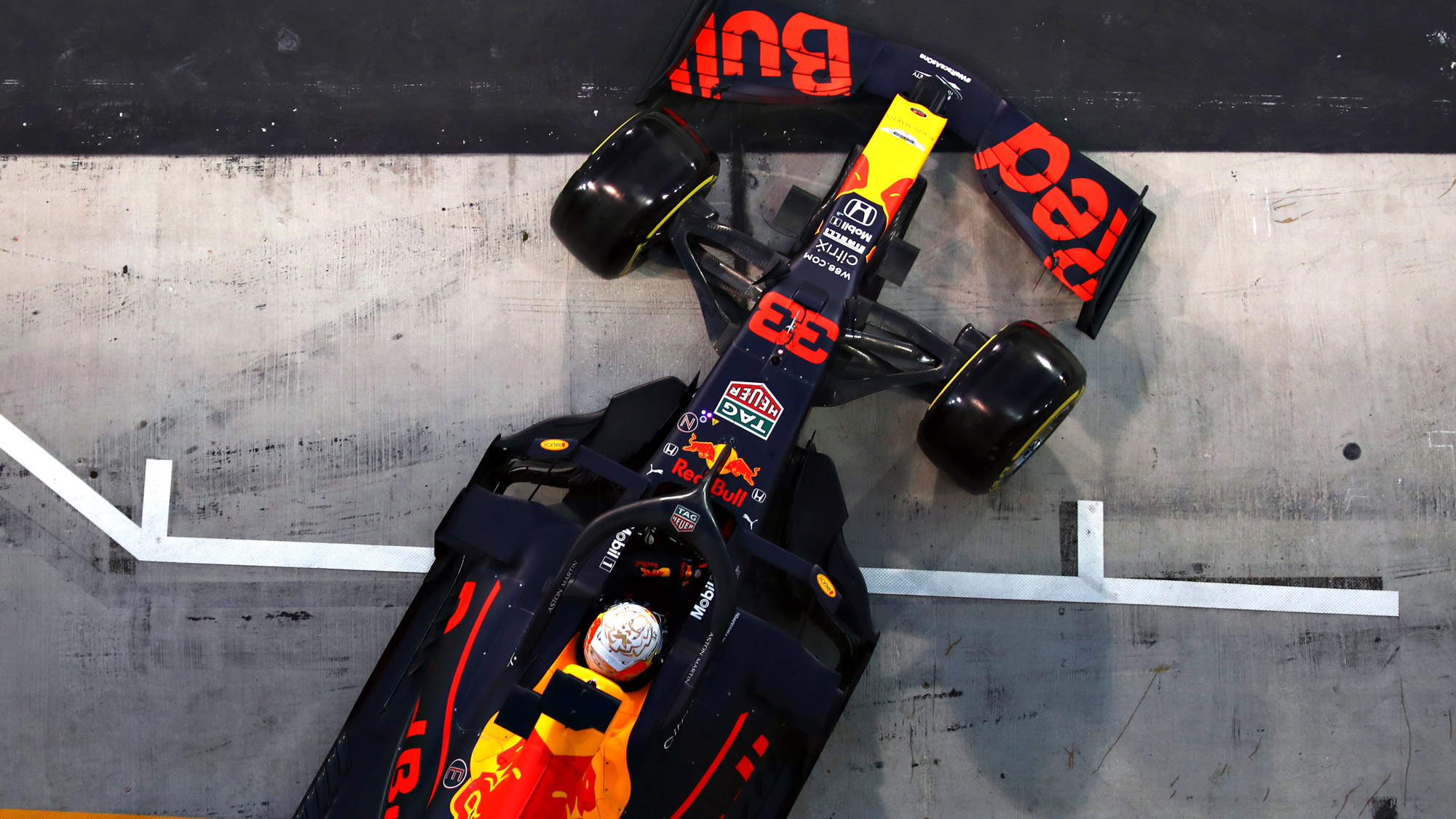Red Bull Is Finally Charting Its Own Formula 1 Destiny
In Formula 1, it almost doesn't matter how good your chassis is if your power unit underperforms. Red Bull discovered this the hard way through the middle of the last decade and was only beginning to put the pieces together with Honda's help over the past two seasons. But with the Japanese engine supplier now leaving F1, Red Bull is now left with no choice but to take its power unit development in-house.
Called Red Bull Powertrains Ltd., the new company will inherit Honda's technology after the conclusion of the 2021 season, and maintain it until 2025, when new power unit regulations go into effect. After that, what happens next is anyone's guess — though Red Bull team principal Christian Horner hinted in a video call with media on Monday that the team doesn't plan to give up the engine thing once the going gets tough. Via Motorsport.com:
"It needs to be a long-term view, because obviously the investment into the facilities to gear up for this are quite significant," explained Horner.
"You've both got a short-term scenario of the existing regulations, and then of course whatever the new regulations are. We need to be in a position to take that on as well."
He added: "We will have a facility capable of designing and operating the next generation of engines with a facility that will be invested within here."
The news that Red Bull was taking over the reins from Honda for the remainder of the current regulations was no surprise. After all, the team reportedly pushed for last week's decision to bring F1's engine development freeze forward a year so it wouldn't have to turn to Renault, a bridge Horner burned before. However, to hear that Red Bull Powertrains may not merely pose a stopgap until Red Bull turns to another supplier in 2025 is very exciting indeed — not just for the team but F1 in general.
See, F1 hasn't had very many "independent" engine suppliers over the last few decades — or at least suppliers that weren't tied to a major automaker. Cosworth, for example, last provided engines to the Marussia team in 2013, but hasn't been active in the series since.
This largely seems to be due to the fact that the MGU-H — one of the core elements of F1's engines that differentiate them from those used in other forms of racing — are highly specialized and expensive to develop, especially for a smaller outfit on the scale of a Cosworth. This has been one of the consequences of the so-called "turbo-hybrid era" of the sport that's been going on since 2014.
So there's the historical significance of what Horner is suggesting, but also a world of potential for Red Bull to unlock here. The Austrian team enjoyed a very fruitful partnership with Honda, especially considering how acrimonious the Japanese company's relationship was with McLaren when it was working with that outfit.
Best case scenario for Red Bull, it will no longer run the risk of being dragged down by an underperforming power unit it has no responsibility to develop. F1 engine development is obviously no easy feat, though if any garage in pit lane is experienced in making something out of nothing and going it alone, it's Red Bull.
The next several years will be crucial to the constructor. Of course, you're not going to see the team stuff an engine entirely of its own making into its cars in 2022 or 2023, but you figure Red Bull Powertrains will be studying Honda very closely this year and attempting to learn absolutely as much as it can before the real pressure mounts in 2025.
